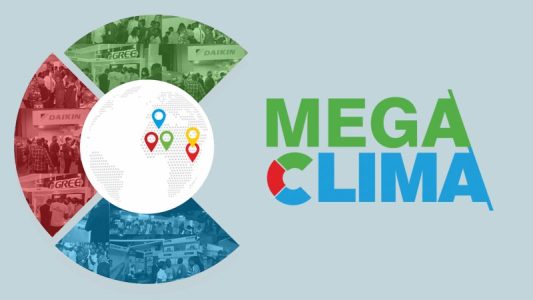The pandemic seems to be fading into the background, thanks to the increased pace of vaccination campaigns. While its end is most likely nowhere near, and the world must be wary of new variants, economies are rolling full steam ahead. COVID-19 has still a rippling effect on many industries. Ours included!
With a year’s delay, we finally celebrate the opening of the EXPO 2020, a much-awaited event, and an occasion to put Dubai in the global spotlight. The UAE is welcoming visitors from all around the world. However, the whole world is not open to travel yet. Restrictions are still omnipresent in many parts of the world, likely reducing the number of visitors to the Expo and adding to the economic damage the pandemic has already imposed on our societies.
Another effect stemming from the lockdowns and closures are ongoing disruptions in the supply chain. Across the globe, and across industries and services, a notable shortage of raw materials and components is seen. The supply chain, previously a sophisticated and precise system, suffered lasting damage. There is a shortage everywhere, from raw materials like aluminium or plastic, to microchips and shipping capacity.
Manufacturers are sometimes confronted with drastic price increases and delayed supply of components and materials, leading to extended lead times, premiums and occasionally the inability to fulfil deliveries. The situation is alarming. Smaller manufacturers find it more difficult to procure sufficient raw materials, while others are forced to compromise on the quality or efficiency of components to be able to deliver at all.
Project costs have been rising by double digits in many countries over the last twelve months. But the more worrying aspect perhaps lies in the fact that many lower quality products are currently being sold. It underlines the urgency of stricter use of independent product certification, market surveillance and the enforcement of standards.
It is to be seen how long these shortages will remain with the industry expecting improvements within the next six to nine months. This is, however, only the case if no other geopolitical interests are at play.
Kind greetings,

Markus Lattner
Managing Director
Eurovent Middle East



















